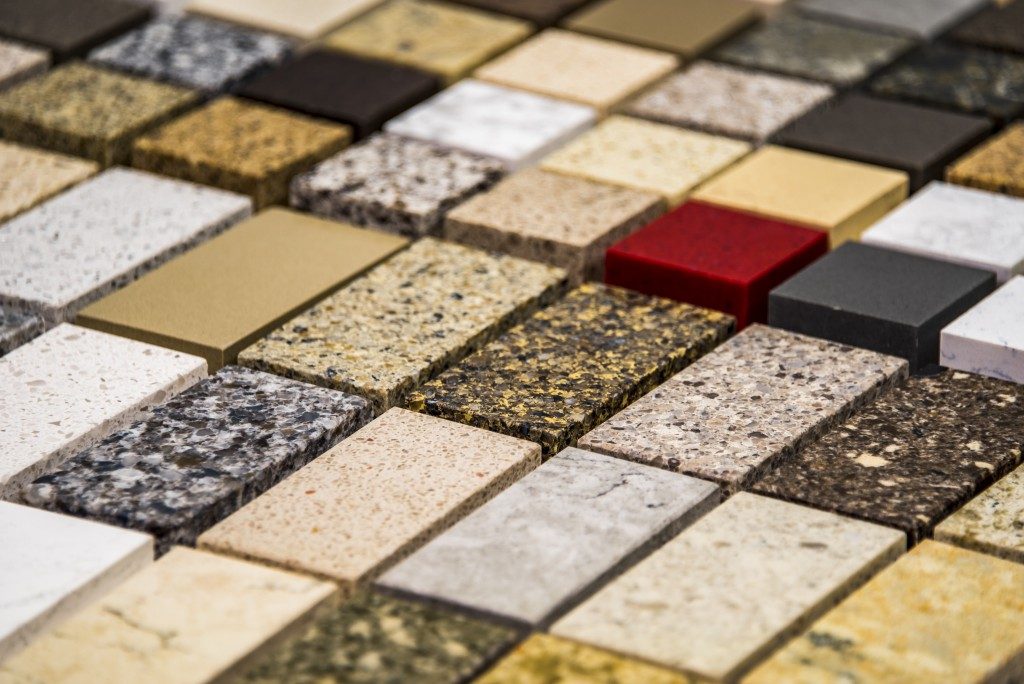You have different material options for floors nowadays. But the most popular choice among property owners remains tiled floors, including the all-around ceramic tiles. Though generally used in mudrooms, foyers, bathrooms and kitchens, ceramic tiles can be used virtually anywhere. After all, they are fade, water and stain-resistant and extremely durable. They are also easy to maintain and comes in various designs.
Many people assume they can save money by forgoing an installer and that ceramic tile installation is as easy as picking the cheapest adhesive and sanding your substrate then sticking the tile onto it. There are, however, different types of adhesives used for ceramic tiles depending on where you are installing them. The following are the adhesive options used by professional installers of ceramic tiles in Ottawa.
Thin-set Mortar
This adhesive is used for outdoor and indoor applications. Thin-set mortars have a strong bond, with a slippery and smooth consistency, as well as mould and moisture resistance. They are also heatproof, meaning they will not lose their grip in heated environments.
Unfortunately, thin-set mortar tends to crack over time, and most professional installers would hence mix it with a latex additive to minimize this risk. Dry powdered thin-set mortar is mixed with water before its application and should be used immediately after mixing since it sets instantly. The premixed variant is costlier but is a better option for ceramic tile installation in small spaces.
Tile Mastic
This is at times called organic adhesive or mastic. It is a sticky product sold in premixed tubs. Tile mastic, unlike thin-set mortar, does not level your substrate after application and is not heat-resistant. Most manufacturers produce types one and two tile mastic adhesives. Type one adhesives are used in wet areas on both floors and walls while type two is a better option for floors in dry areas.
Epoxy Mortar

This resin-based compound comes in separate components including powder, hardener and resin. Epoxy mortar will set quickly after its application, so the tile installation doesn’t significantly impact the daily schedule of a homeowner. It is also water and chemical-resistant, and it adheres well to a resin-based substrate and has a high compressive strength. Epoxy mortar, however, has an overpowering smell, is expensive and requires exceptional expertise during mixing to guarantee its efficiency.
Cement Slurry
This resembles thin-set mortar but is cheaper than the latter. It comprises sand, cement and water mixed in a thick consistency. Cement slurry will strongly bond with ceramic tiles and keep them from slipping. Contractors generally use it for outdoor spaces owing to its rough texture and thick consistency.
The above types of adhesives can make a significant difference in the performance and look of your ceramic tiles. If applied haphazardly, they will affect the overall look of your ceramic tiles and make their cleaning and maintenance a challenge. A DIY adhesive application is hence not an option for property owners who want to reap all the benefits that ceramic tiles have to offer.






